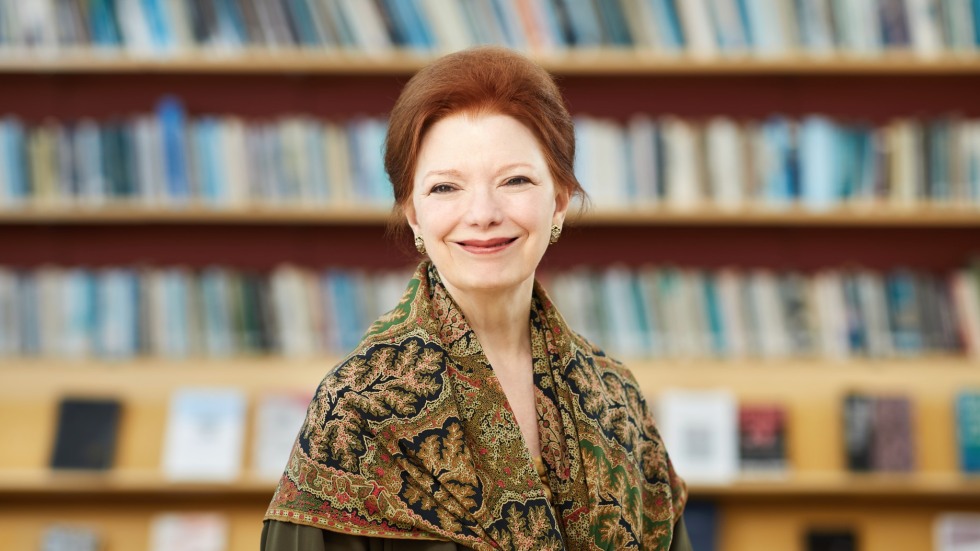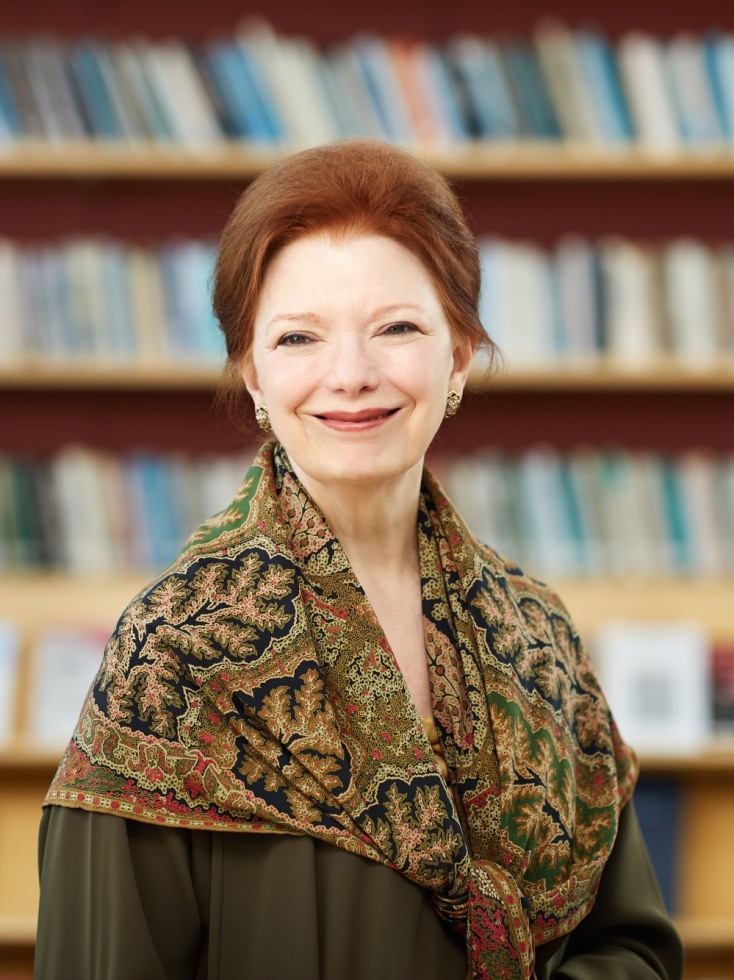Blanchard describes her life’s work: “How do we, as individuals and communities, rebuild and recraft lives with meaning and purpose; how do cities create landing places for displaced people?” Under Blanchard’s 30+ years of leadership as president and chief executive officer, BakerRipley grew to be among the nation’s top 1 percent of charitable organizations, with an annual $300 million budget. Blanchard, the creator of Appreciative Community Building, which focuses on the inherent strengths – rather than weaknesses – of low-income and immigrant communities, received the prestigious Heinz Award in 2017.
Blanchard is working with colleagues to complete an expanded case study of BakerRipley’s work, for community development practitioners and experts. Later this spring, she will present the case study highlights at the Thomas J. Anton/Frederick Lippitt Conference on Urban Affairs at Brown, hosted by Susan Moffitt, Taubman Center for American Politics and Policy director.
Closest to Blanchard’s heart is the Shipwreck Project, her collection of videos, audio interviews, and photographs she began gathering after Hurricane Katrina, which led to the resettlement of 250,000 New Orleans residents to her beloved Houston. Collecting the stories, pictures, voices, and wisdom of individuals impacted by disasters, she plans to use some of these materials in her seminar. “Our enemy is not poverty; it’s hopelessness,” says Blanchard, globally recognized for her expertise in international crises response, as an on-the-ground practitioner and a highly sought-after consultant and speaker. “We all have three deep hungers: To earn, to learn, to belong. We know that survival is tied to connectedness… when the earth is scorched and all is gone, what people choose to rebuild … invariably is a gathering place.”
Blanchard, who is intimately familiar with Houston’s challenges and opportunities, welcomed an invitation to participate in a Providence-based community-building initiative. Under the direction of Anthony Levitas, director of the Watson Public Policy undergraduate concentration, Brown University is helping Providence evaluate how to use its city-owned community centers most effectively. Unlike Houston, a city of tremendous growth, with diverse economic engines driving an expanding economy, and ever-growing multicultural populations, Providence, has, for many years, experienced fairly static population and economic development. Nevertheless, Blanchard, who worked with faculty and students on this project last year, says, “Engaging people and paying careful attention to what people are hungry for is the root of all good change.”
Blanchard adds, “I’m happy to be here at Brown and in Providence to do work that interests me on community development; I appreciate seeing how cities here address their economic and community development challenges.”

